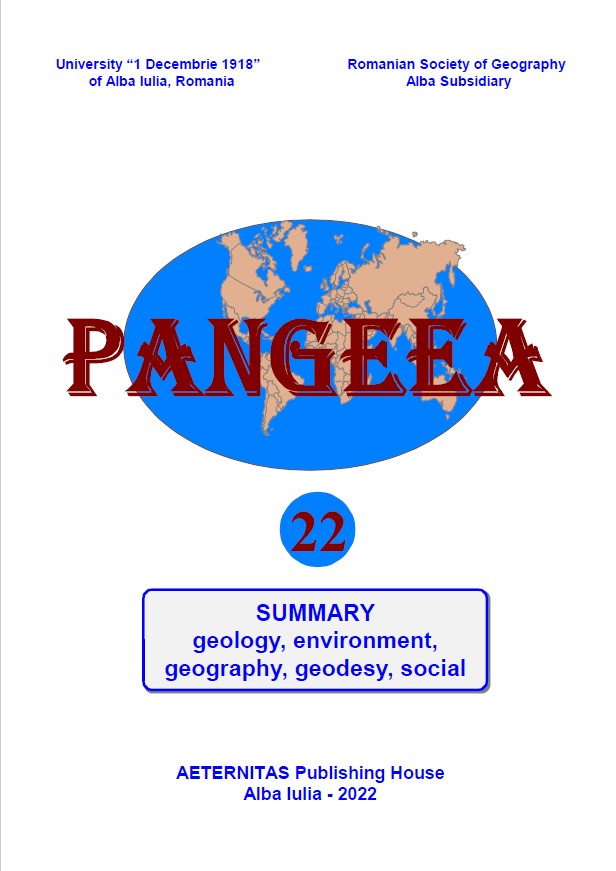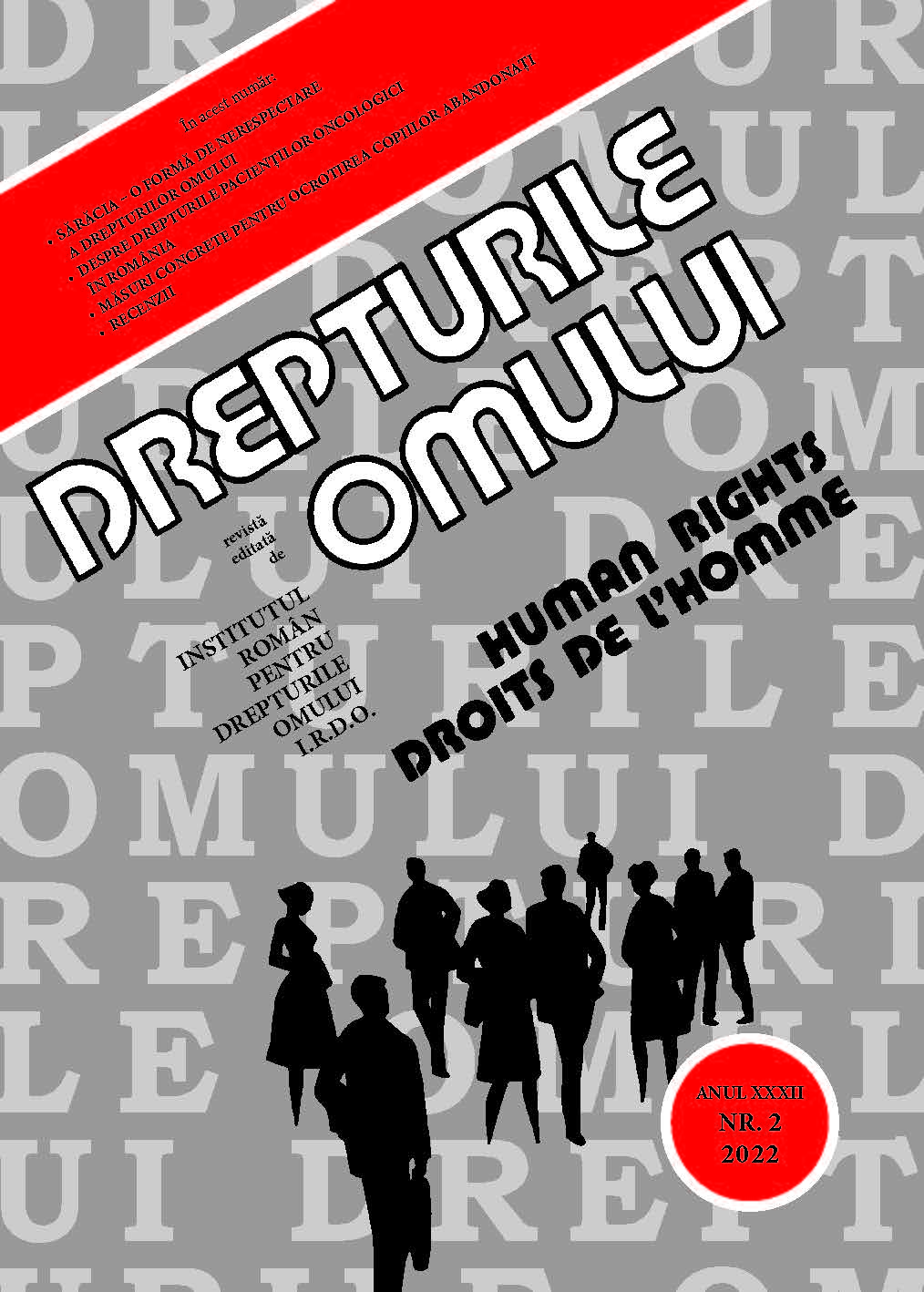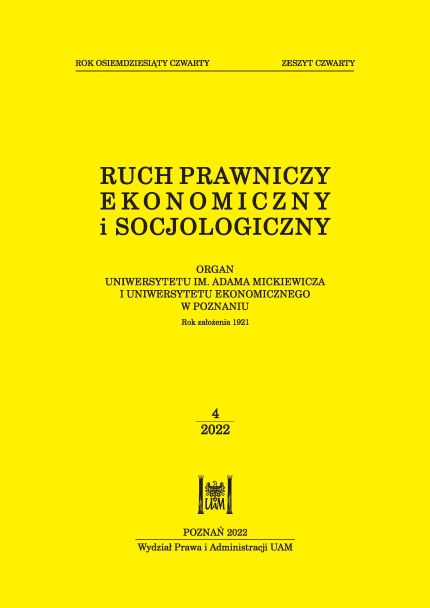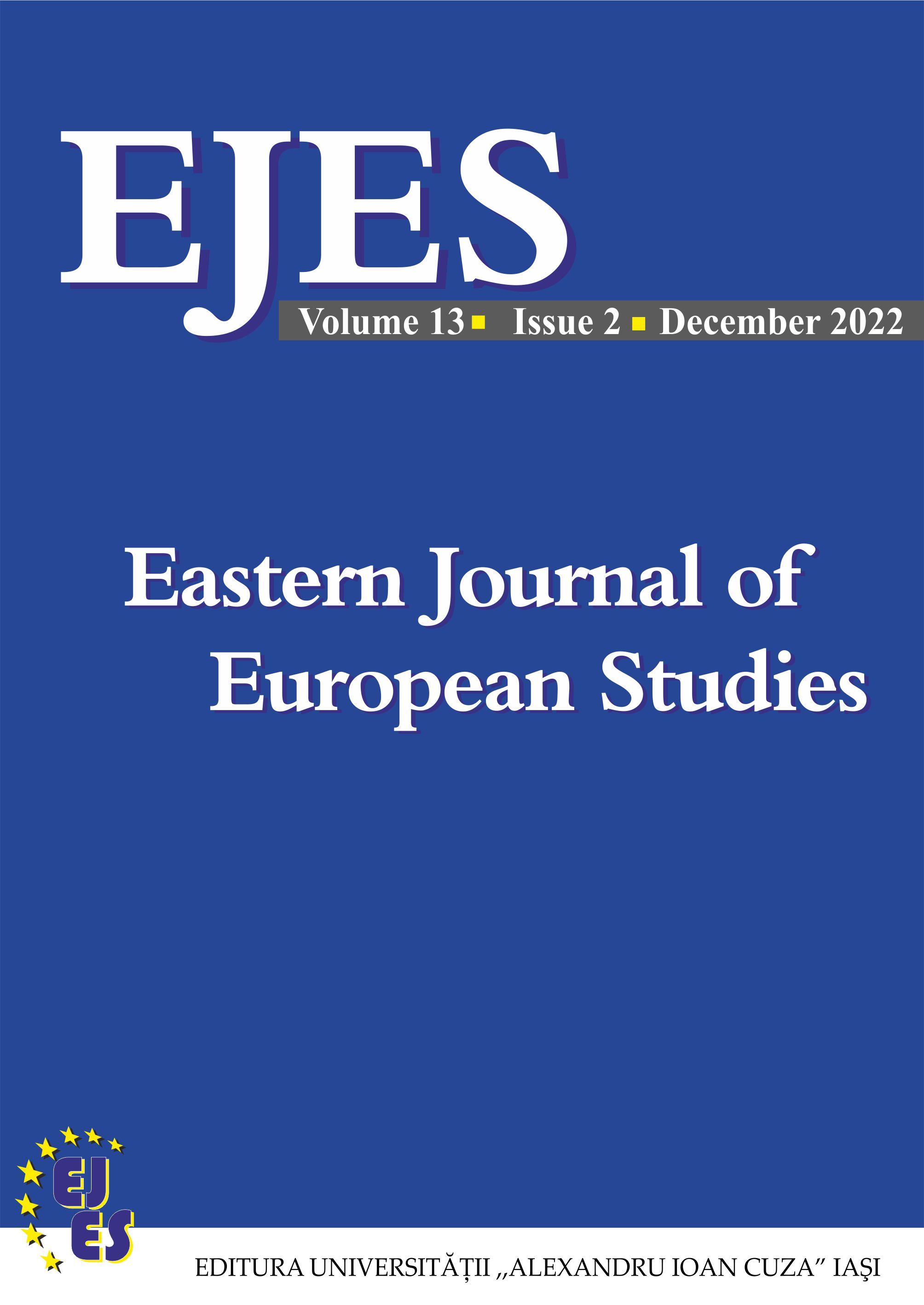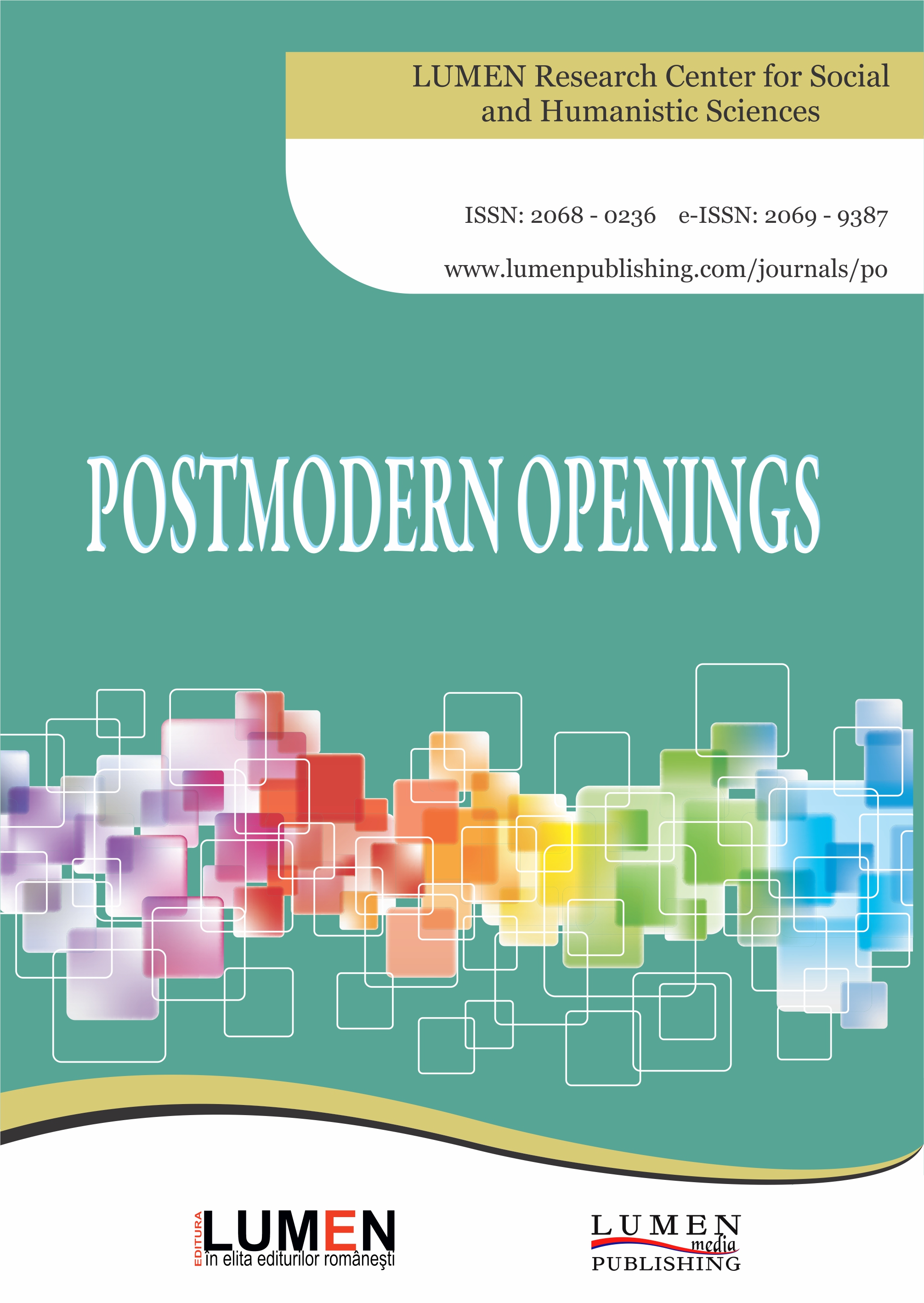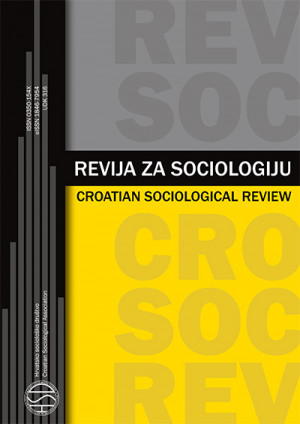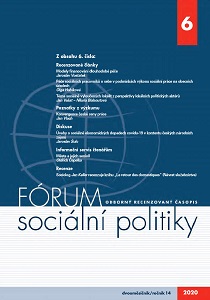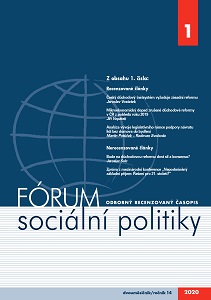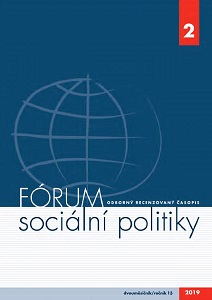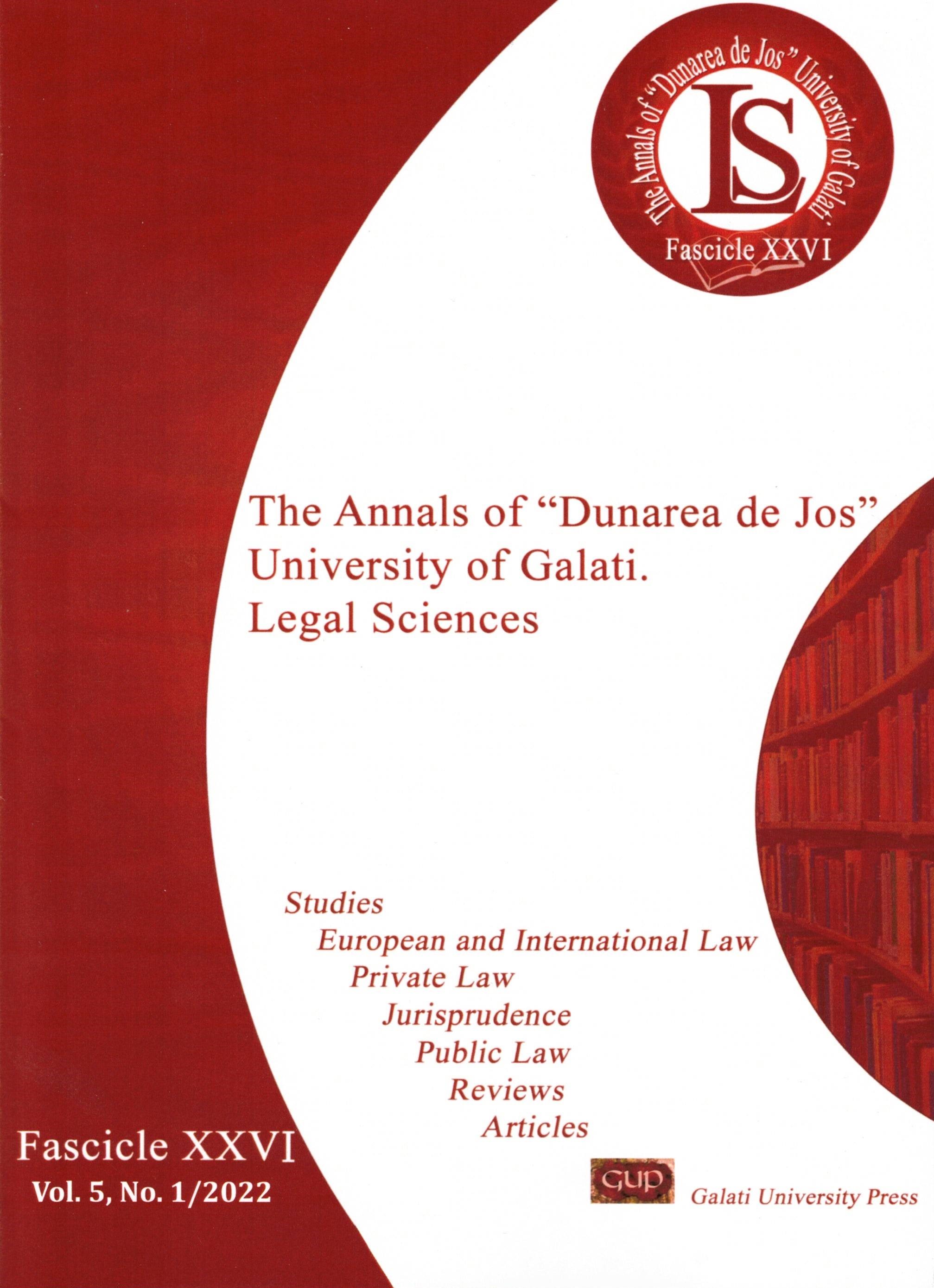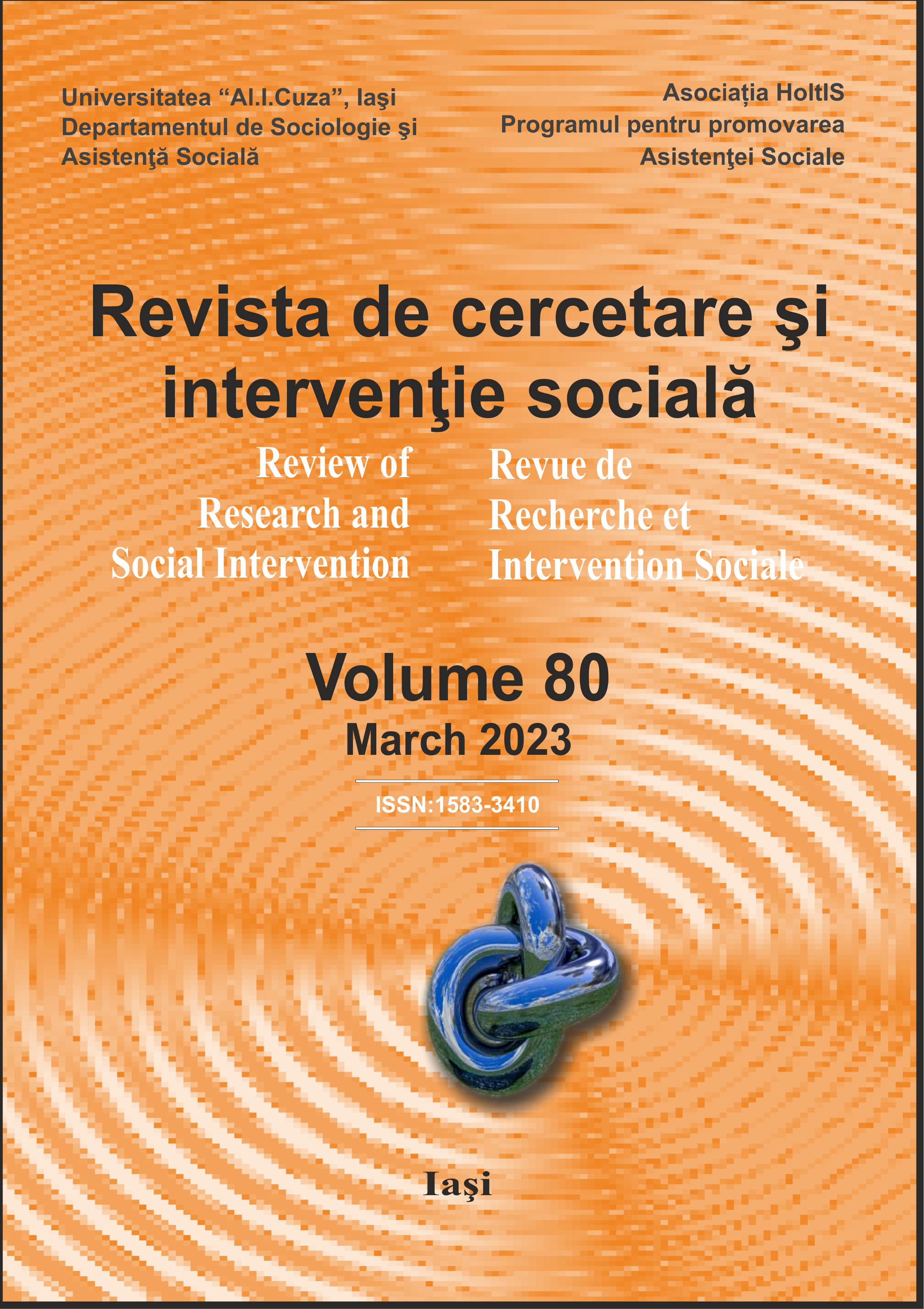Author(s): Aadil Bashir,Bilal Ahmed Khan,Triptish Bhatia,Sheikh Shoib,Isahaque Ali,Unjum Bashir,Shabana Khursheed,Margaret Mcdonald,Mary E. Hawk,Smita Deshpande / Language(s): English
Issue: 80/2023
In recent years mental health has emerged as a major health threat in low income countries like India. In response, mental health care has been integrated into primary health care, in turn creating a rising demand for trained and skillful mental health professionals. This study was conducted in district Budgam (J&K), India with the aim of providing training to community health workers (CHWs) and measuring the change using pre- and post-training evaluations. The pre and post tests were undertaken, assessing changes in mental health literacy at three different points of time: pre-training, post-training, and three month follow-up. Mental health literacy was assessed using the interviewer-administered Mental Health Literacy Survey. The training intervention was a five-day course based on a facilitator's manual developed specifically for community health workers in India. A total of 25 community health workers from rural areas of Budgam District (mostly Integrated Child Development Service supervisors), Health Educators and Anganwadi Workers, were engaged for the study. Findings demonstrate that the training course improved participants' ability to recognize any mental health disorders. There was a clear distinction between the level of awareness pre- and post- training. The results were statistically significant on various domains Ability to recognize disorders (Pre-post P= 0.001), Knowledge of the professional help available (Pre-post p= 0.000), Attitudes that promote the recognition or appropriate help-seeking behavior (Pre-post p= 0.000) (p<0.05). Further follow up after three months was done. The mixed findings from this study, suggesting the training course has potential to improve some aspects of mental health literacy among the CHWs, including their understanding of various mental health problems.
More...
